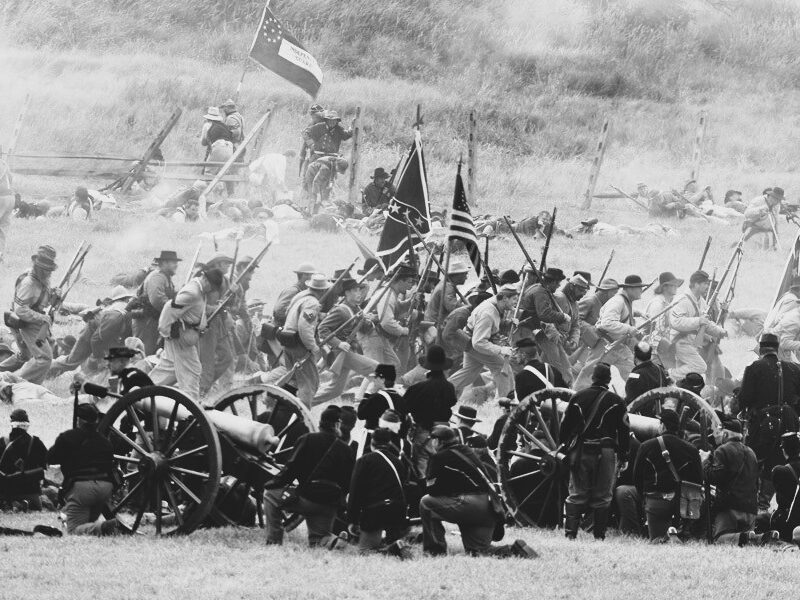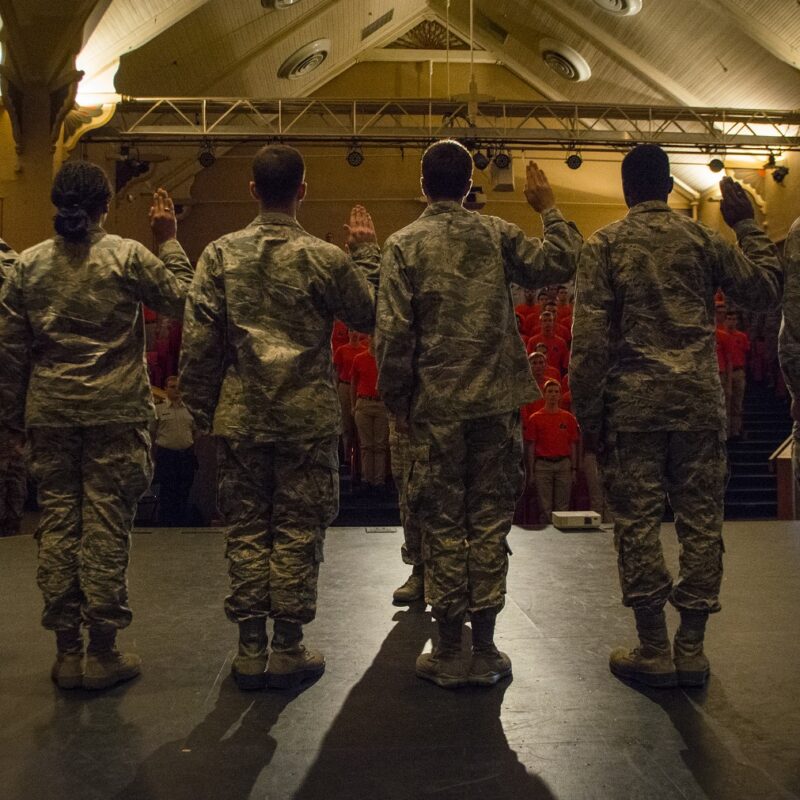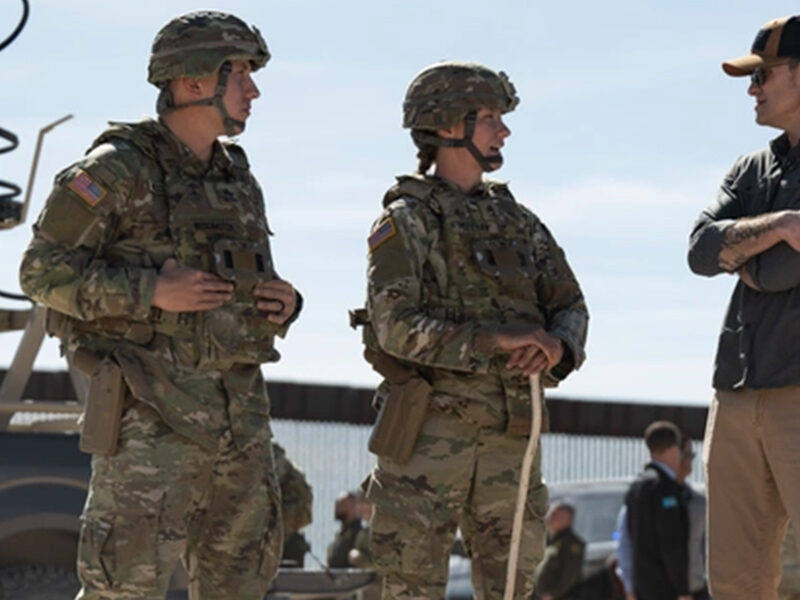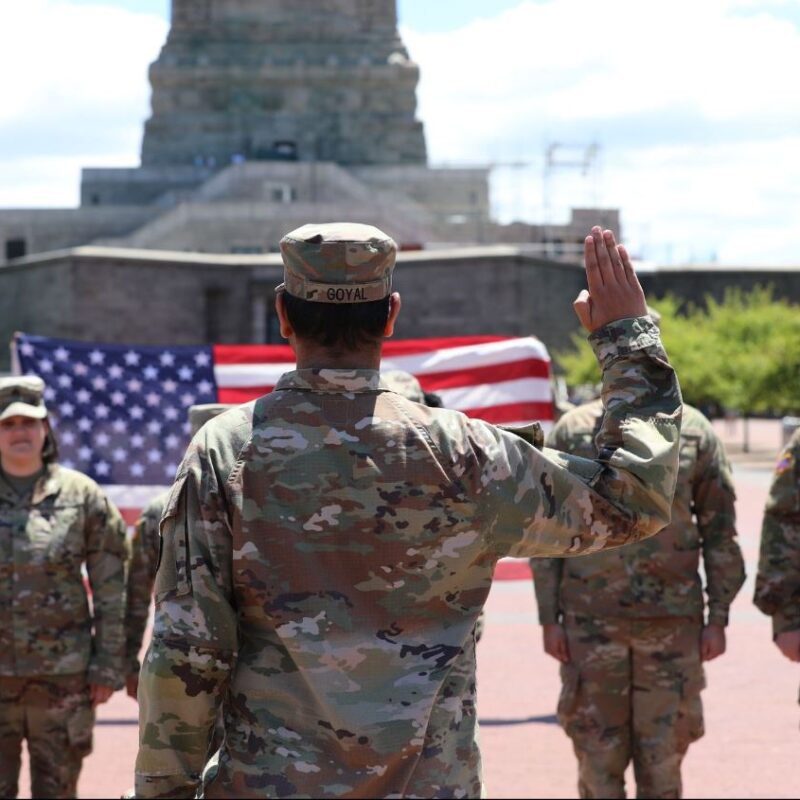Military Justice & Criminal Law

The Law Office of Will M. Helixon is committed to providing expert legal support tailored specifically for military personnel. We ensure that every service member receives top-notch defense and clear guidance. Whether you face complex legal challenges or need advice, we’re here to help you navigate the process confidently and skillfully.
Stay Connected
Helpful Resources
Warrior Testimonials
Warrior Blog
MCM (2024) & UCMJ
Veterans Crisis Line
Military OneSource
ABA Military Pro Bono Project
Modern Military Assn of America
NVLSP Pro Bono Program
Veterans Affairs (VA)
Questions for Civilian Attorneys
Join Our Team
Case Evaluation Form
Client Survey
Client Intake Form
Insights & Growth
At the Law Office of Will M. Helixon, we’re committed to continuously improving this website to enhance your experience and provide valuable resources for service members and military lawyers, both civilian and uniformed. We’d love to hear from you if you have suggestions for making the site more useful or user-friendly. Please send your feedback to our webmaster at [email protected].
*Military images and videos on this website are either from the Law Office of Will M. Helixon’s internal library or public domain materials from the Library of Congress and the Defense Visual Information Distribution Service (DVIDS). Please note that using visual information from the U.S. Department of Defense (DoD) does not imply or constitute endorsement by the DoD. All other images and videos are licensed from stock image and video services.
This site is protected by reCAPTCHA and the Google Privacy Policy and Terms of Service apply.
Copyright © 2025 The Law Office of Will M. Helixon
- Home
- About
- Advocates
- LTC (R) Will M. Helixon
- COL (R) Matthew Krause
- LTC (R) Treb Courie
- LTC (R) John Caulwell
- LTC (R) Mary Ritzmann
- MAJ (R) Kyle Meisner
- MAJ (R) Andre Le Blanc
- MAJ (R) Cadman R. Kiker
- MAJ (R) Victoria Camire
- Genie Hughes, ESQ.
- Natalia Helmsing, ESQ.
- Stefany Garrick, Esq.
- Robert Newark, Esq.
- Scott Brokaw, J.D.
- MAJ (R) EJ Gladding
- Services
- 12 advantages to choosing the Law Office of Will M. Helixon
- Court-Martial Practice Areas
- Adverse Administrative Actions – Will M. Helixon
- Responses, Rebuttals, and Appeals to Administrative Matters
- Chapter Packet Rebuttals
- Army Adverse Information Program (AAIP) – Lawyer
- CID Titling and Criminal Records Indexing
- General Officer Memorandum of Reprimand (GOMOR) – Will M. Helixon
- Nonjudicial Punishment Appeals – Law Office of Will M. Helixon
- Nonjudicial Punishment (Article 15) Representation by a Military Lawyer
- QMP Board – Qualitative Management Program
- Security Clearance Revocation – SOR Response
- Administrative Investigations – Will M. Helixon
- Affirmative Administrative Actions – Will M. Helixon
- Centralized Administrative Boards – Will M. Helixon
- Local Administrative Boards – Will M. Helixon
- Family Violence Consequences Defense
- Responses, Rebuttals, and Appeals to Administrative Matters
- Locations
- Payments
- Videos
- Blog
- Contact
- Set an Appointment












